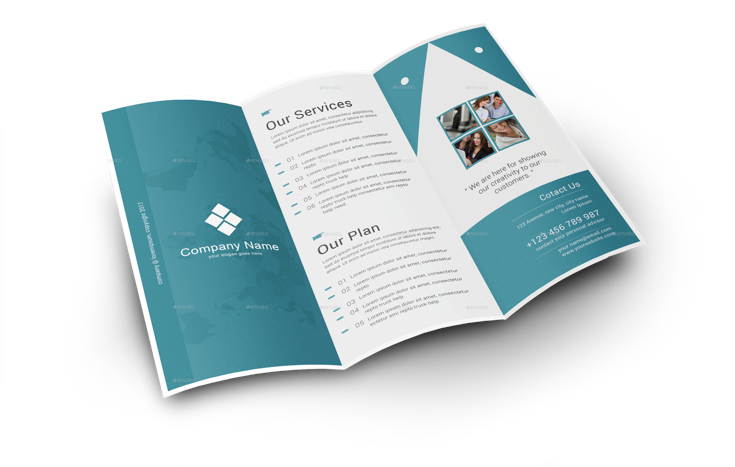Medicaid Pending admits don’t have to be painful
For many facilities, Medicaid Pending admissions that either take too long to get approved, or never get approved at all, are their largest collections problems and lead to their largest write offs.
Whenever the collection notes for a written-off account start with “resident admitted Medicaid Pending”, the first thing that comes to mind is quite simply “What were you thinking?” It is true that you sometimes have little choice. The family promises to be there to help you every step of the way, but for some reason it doesn’t seem to work out that way. What’s it like in your facility?
So what can you do when that person steps through your admissions door? As you follow our writings you will learn that one of our mantras is that “It all begins with Admissions”. You need to have strict procedures that are consistently followed concerning admissions based on the promise of obtaining Medicaid coverage. These procedures need to spell out what is needed for an approved admission, the criteria to deny an admission, and what is expected of everyone involved.
Your Admissions department needs to work with and educate the resident and family on the Medicaid application process and your facility’s requirements. It all begins with your admissions agreement. Be sure to have a Medicaid Pending Agreement addendum to your standard agreement that is signed by the resident and/or their representative. This agreement needs to define the facility’s requirements of the resident and family during the Medicaid application process. We suggest a time limit for the application to be submitted that requires that you get a copy of the application as well as proof that it has been submitted. Many facilities put the limit at 10 days. The agreement also needs to define what happens if the application is denied, or not submitted at all. Be sure to list that all charges will be re-classed to Private pay and the daily rate they will be responsible for. You also need to list your requirements should Medicaid find evidence of unreported assets or income. Begin collecting the estimated patient pay amount immediately.
Despite the many anticipated challenges, working with the family members is by far one of the most important pieces of the process. Ultimately you need to be the one to monitor or babysit the process, if you want to be paid. Depending on your case mix you may need to have someone devoted to overseeing the Medicaid Pending residents and keep the process going. We have seen facilities with a large number of pending hire someone whose main job is to work with the families to get them through the information gathering and application process. They will also need to monitor all the pending residents and their applications.
Some of the key questions you will need answered are:
Where do the Social Security and other checks go?
- You need to strongly encourage the family to make you the representative payee
Who is responsible for handling the resident’s money?
- Will they be the one responsible for providing the information necessary for the semi-annual and annual financial status updates?
Who will be completing the application?
- Do they have access to all of the records and paperwork necessary to accurately complete the application?
Though it can be difficult in some states, it is very important that your Medicaid Pending lead person become familiar with the Medicaid case workers assigned to your pending cases. Some states may require an authorization form signed by the resident to be completed before the caseworker can share information with the facility. If this is the case where your facility is located, you need to include the form in your Medicaid Pending admissions packet.
Ultimately, it is the resident and family who will determine if Medicaid is approved or not. It is the facility’s responsibility to make it as easy as possible for the family to go through the process. With all that, it is still the family’s responsibility to actually follow through with the application. You must be ready to deal quickly and strongly with a resident and/or family that drops the ball as stated in your agreements. The more you are an active part of the application and approval process the better your chances are of getting paid; it’s as simple as that.

5 ways to increase your revenue without adding a single resident
Chances are that you’re leaving revenue on the table. This quick resource guide will help ensure that your office is getting the most from your existing business so you can maximize your revenue without adding a single resident.

